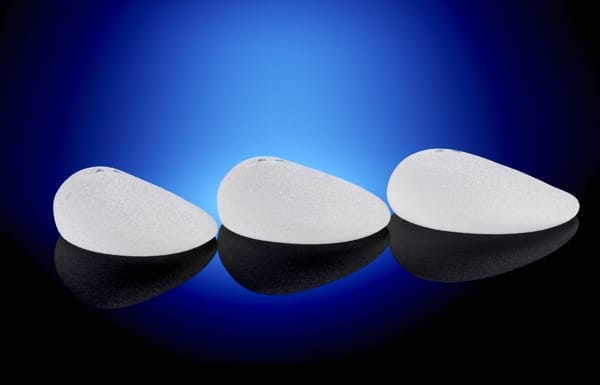
Silicone breast implants have been used for over 60 years and have been highly satisfactory for the majority of women. However, a small subset of patients have reported a collection of symptoms thought to be related to their implants. This collection of symptoms have been termed breast implant illness.
The symptoms reported have ranged from brain fog and memory loss to autoimmune diseases, including rheumatoid arthritis and scleroderma. The mechanism by which implants cause illness in some women has not been elucidated. The most accepted explanation is that silicone acts as an antigen. It stimulates the immune system. This action causes inflammation in different organ systems, leading to the symptoms described.
Multiple studies have been done to verify if there is a correlation between these symptoms and breast implants. To date, multiple retrospective and prospective studies have shown no correlation between breast implants and autoimmune diseases. One study by Coroneous, et al, reported a higher rate of some specific autoimmune illnesses in patients with implants. However, this study had limitations. These included loss to follow up and reporting irregularities. Such limitations have plagued the study of this illness and for this reason more studies are needed.
Multiple studies have not supported a correlation between breast implants and disease, including connective tissue disorders. Despite this, some women report improvement in their symptoms following explantation. For this reason, plastic surgeons treating this condition should not disregard a patients concerns.
In summary:
- At the present state, there is overwhelming evidence to support the safety of silicone breast implants
- Ultimately, the decision to obtain, keep, or remove breast implants is up to the patient
- Breast Implant Illness (BII) remains a diagnosis of exclusion. Patients should have an appropriate medical evaluation to rule out other causes prior to surgery. Implant integrity should be evaluated with high-resolution ultrasound (HRUS) or MRI five years after implant placement. Subsequently, evaluations should occur every 2–3 years. If no other cause is found, patients will likely see at least partial symptom improvement after implant removal. Symptom improvement can occur with no or partial capsulectomy. This procedure is less invasive and less expensive. It may also carry a lower risk. Patients should seek out board-certified plastic surgeons for any concerns with their breast implants.
- If a patient chooses to have her breast implants removed, it is important to find a board-certified plastic surgeon with expertise in breast surgery
- If a patient chooses to have implants removed, she should consider having the entire capsule removed. She should avoid removal if the posterior capsule is adherent to the chest wall. This situation may increase surgical risk. There is currently no good peer-reviewed evidence that capsulectomy is required for symptom improvement in the absence of other indications.
- In cases of Bi-ALCL or ruptured implants with thick calcified capsule, a total capsulectomy is mandated.
Visit us at Thomassen Plastic Surgery to learn more about this condition and how to treat it. You may also visit the American Society of Plastic Surgery website to learn more about breast implant Illness.
Related Links
References:
Breast Implant Illness: A Way Forward. Magnusson, Mark R. MBBS, FRACS; Cooter, Rod D. MBBS, PhD, FRACS; Rakhorst, Hinne MD; McGuire, Patricia A. MD; Adams, William P. Jr MD; Deva, Anand K. BSc(Med), MBBS, MS, FRACS. Plastic and Reconstructive Surgery: March 2019 – Volume 143 – Issue 3S – p 74S-81S
Silicone Implant Illness: Science versus Myth? Rohrich, Rod J. M.D.; Kaplan, Jordan M.D.; Dayan, Erez M.D. Plastic and Reconstructive Surgery: July 2019 – Volume 144 – Issue 1 – p 98-109
Discussion: Silicone Implant Illness: Science versus Myth? Colwell, Amy S. M.D.; Mehrara, Babak M.D. Plastic and Reconstructive Surgery: July 2019 – Volume 144 – Issue 1 – p 112-113
